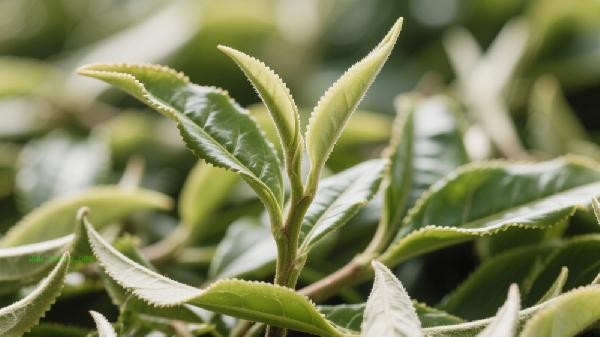Chinese herbal medicines such as hawthorn, lotus leaves, cassia seeds, Poria cocos, and tangerine peel can be used to assist in reducing belly fat. These medicinal herbs mainly help reduce abdominal fat accumulation by promoting digestion, promoting diuresis and promoting diuresis, and strengthening the spleen and dispelling dampness, but they need to be combined with dietary control and exercise.

1. Hawthorn
Hawthorn contains organic acids and flavonoids, which can enhance gastric juice secretion and accelerate fat breakdown. Suitable for diet stagnation type obesity, often manifested as postprandial bloating and thick tongue coating. Hawthorn can be used alone to soak in water as a tea drink, or combined with Shenqu and malt to make a digestion and digestion formula. People with weak spleen and stomach should use it with caution.
2. Lotus leaves
Lotus alkaloids and lotus glycosides can inhibit fat absorption and promote water metabolism. Suitable for phlegm dampness resistance type abdominal obesity, often accompanied by limb fatigue and stool viscosity. Fresh lotus leaves can be used to cook Congee, while dry lotus leaves are often used in combination with wax gourd skin for decoction. People with cold diarrhea should not take it for a long time.
3. Cassia seed
Cassia seed is rich in anthraquinone compounds, which reduce intestinal fat absorption by moistening the intestines and promoting bowel movements. Suitable for constipation type obesity, common symptoms include dry stools, bitter mouth, and dry mouth. It can be stir fried and brewed into tea, or used together with roasted sesame seeds and wolfberry seeds. Pregnant women and patients with low blood pressure are prohibited from using it.

4. Poria cocos
Poria cocos polysaccharides can regulate water metabolism and improve the deficiency and obesity caused by spleen deficiency and excessive dampness. Mostly used for soft abdominal obesity, accompanied by loss of appetite and lower limb edema. Often combined with Atractylodes macrocephala and Alisma vulgaris to form Wuling San with modifications. Those with Yin deficiency and Jin deficiency need to combine Yin nourishing herbs.
5. Chenpi
Chenpi volatile oil can regulate qi and invigorate the spleen, and dissolve phlegm dampness type abdominal fat. Suitable for Qi stagnation type obesity, commonly characterized by bloating and frequent belching. Can be paired with Fructus Aurantii and Magnolia officinalis to enhance the qi circulation effect. Patients with gastric ulcers should control their dosage.

Traditional Chinese medicine should be selected based on the differentiation of physical constitution, and it is recommended to use it in combination under the guidance of a traditional Chinese medicine practitioner. Cooperate with daily 30 minute aerobic exercise such as brisk walking and swimming, reduce intake of refined carbohydrates, and increase high-quality protein and dietary fiber. Avoiding staying up late and excessive dieting, long-term persistence can effectively improve abdominal fat accumulation. If accompanied by symptoms such as elevated blood sugar or menstrual disorders, timely medical attention should be sought to investigate metabolic diseases.









Comments (0)
Leave a Comment
No comments yet
Be the first to share your thoughts!